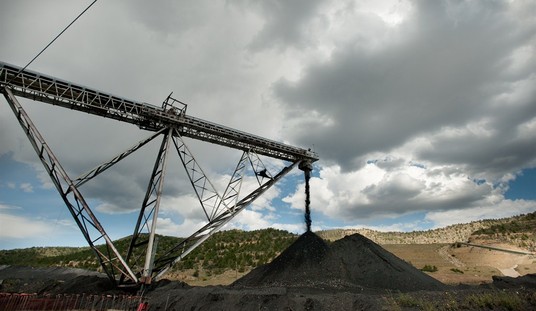Had D-Day not gone according to plan, General Eisenhower had prepared a speech in which he assumed full responsibility for its failure. Fortunately, he never had to give it.
Similarly, Bill Safire was tasked by the Nixon White House to write a speech that no one hoped President Nixon would actually have to read:
“To: H.R. Haldeman,” reads the memo dated July 18, 1969. “From: Bill Safire.” The subject: “IN EVENT OF MOON DISASTER.”
The Apollo 11 astronauts had lifted off at 9:32 a.m. July 16 from pad 39A at the Kennedy Space Center, embarking on a mission that spanned nine days. Commander Neil Armstrong and pilot Edwin E. “Buzz” Aldrin were preparing to separate the lunar module Eagle from the command ship Columbia, and descend to the moon’s surface. What if they were stranded there? Inside Richard Nixon’s White House, chief of staff Haldeman considered that possibility. And so Safire penned a speech of 233 words no one wanted to hear:
“Fate has ordained that the men who went to the moon to explore in peace will stay on the moon to rest in peace,” Safire would have had Nixon say. “Others will follow, and surely find their way home. Man’s search will not be denied. But these men were the first, and they will remain the foremost in our hearts.
“For every human being who looks up at the moon in the nights to come will know that there is some corner of another world that is forever mankind.”
A protocol was established: Nixon would call the “widows-to-be” before speaking to the nation. NASA would cut communications with the astronauts. And then, the memo went on to say, “a clergyman should adopt the same procedure as a burial at sea, commending their souls to `the deepest of the deep,’ concluding with the Lord’s Prayer.”
But tragedy was not to be Apollo 11’s fate.
I wonder how many other speeches have been prepared over the years, planned carefully enough so that they’d be up to the task if needed, but whose writers prayed they were never needed?









Join the conversation as a VIP Member